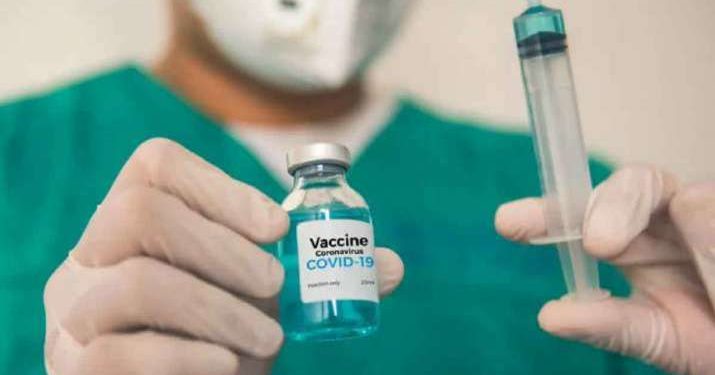- Financing shall include the purchase and disposal of COVID-19 vaccines with both tests and treatment.
- David Malpass believed that it was crucial to design a plan because of the complex vaccine distribution process.
THD NewsDesk, Washington D.C : On Tuesday, the World Bank stated that it would support the developing countries with $12 billion to finance the purchase and disposal of COVID-19 vaccines, including tests and treatment.
The Bank stated that the financing “aims to support vaccination of up to a billion people.”
The money is a portion of an overall World Bank Group (WBG), the aggregate of $160 billion through June 2021. It is to help developing countries fight the pandemic.
The statement said, “This financing package helps signal to the research and pharmaceutical industry that citizens in developing countries also need access to safe and effective COVID-19 vaccines.”
“It will also provide financing and technical support so that developing countries can prepare for deploying vaccines at scale, in coordination with international partners.”
David Malpass, World Bank Group President, asserted that the Accessibility of safe and efficacious vaccines “and strengthened delivery systems are key to alter the course of the pandemic and help countries experiencing catastrophic economic and fiscal impacts move toward a resilient recovery.”
He further added that the financing “would also support countries to access to COVID-19 tests and treatments, and expand immunization capacity to help health systems deploy the vaccines effectively.”
Malpass had announced the project in late September, which had given the hopes for financing approval.
Malpass noticed in an interview with the French daily Le Figaro that it was crucial to design a plan because of the complex vaccine distribution process. However, vaccines have not appeared in the market.
The Bank’s strategy, as per the statement, pulls on its “significant expertise in supporting large scale immunization programs for vaccine-preventable diseases, as well as public health programs to tackle infectious diseases such as HIV, tuberculosis, malaria and neglected tropical diseases.”























